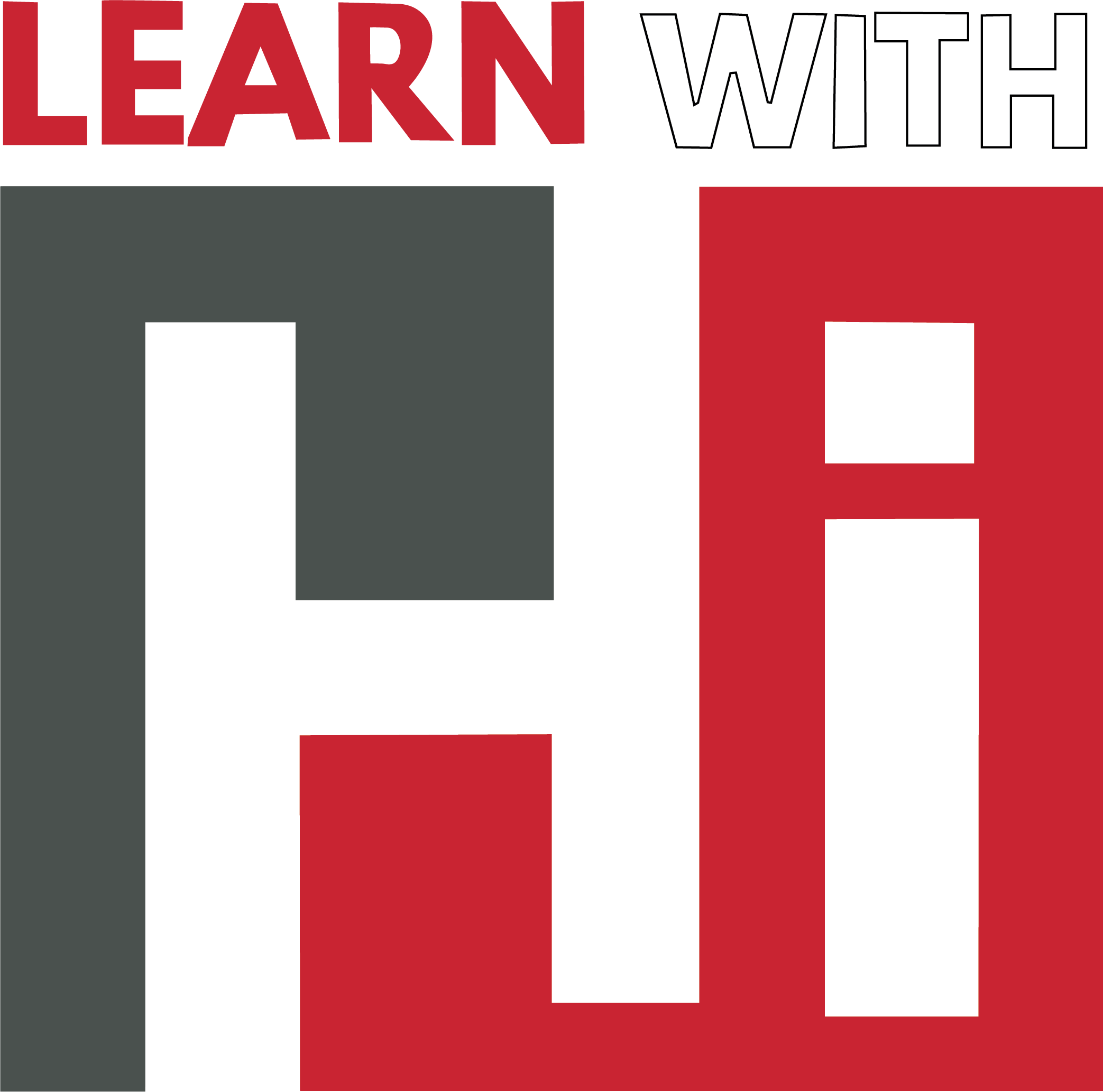Part 1: Questions 1-10
Complete the notes below. Write NO MORE THAN THREE WORDS AND/OR A NUMBER for each answer

(1) (2)
(3) (4)
(5) (6)
(7) (8)
(9) (10)
Part 2: Questions 11-16
Complete the notes below. Write ONE WORD AND/OR A NUMBER for each answer.
SPORTS WORLD
• a new (11) of an international sports goods company
• located in the shopping centre to the (12) of Bradcaster
• has sports (13) and equipment on floors 1 – 3
• can get you any item within (14) days
• shop specialises in equipment for (15)
• has a special section which just sells (16)
Questions 17 and 18
Choose the correct letter, A, B or C.
17. A champion athlete will be in the shop
A on Saturday morning only
B all day Saturday
C for the whole weekend
18. The first person to answer 20 quiz questions correctly will win
A gym membership
B a video
C a calendar
Questions 19 and 20
Choose TWO letters, A-E.
Which TWO pieces of information does the speaker give about the fitness test?
A You need to reserve a place
B It is free to account holders
C You get advice on how to improve your health
D It takes place in a special clinic
E It is cheaper this month
Part 3: Questions 21-30
Choose the correct letter, A, B or C.
Course Feedback
21. One reason why Spiros felt happy about his marketing presentation was that
A he was not nervous
B his style was good
C the presentation was the best in his group
22. What surprised Hiroko about the other students’ presentations?
A Their presentations were not interesting ‘
B They found their presentations stressful
C They didn’t look at the audience enough
23. After she gave her presentation, Hiroko felt
A delighted
B dissatisfied
C embarrassed
24. How does Spiros feel about his performance in tutorials?
A not very happy
B really pleased
C fairly confident
25. Why can the other students participate so easily in discussions?
A They are polite to each other
B They agree to take turns in speaking
C They know each other well
26. Why is Hiroko feeling more positive about tutorials now?
A She finds the other students’ opinions more interesting
B She is making more of a contribution
C The tutor includes her in the discussion
27. To help her understand lectures, Hiroko
A consulted reference materials
B had extra tutorials with her lecturers
C borrowed lecture notes from other students
28. What does Spiros think of his reading skills?
A He reads faster than he used to
B It still takes him a long time to read
C He tends to struggle with new vocabulary
29. What is Hiroko’s subject area?
A environmental studies
B health education
C engineering
30. Hiroko thinks that in the reading classes the students should
A learn more vocabulary
B read more in their own subject areas
C develop better reading strategies
Part 4: Questions 31-40
Complete the notes below. Write NO MORE THAN TWO WORDS.
Mass Strandings of Whales and Dolphins
Mass strandings: situations where groups of whales, dolphins, etc. swim onto the beach and die
Common in areas where the (31) can change quickly
Several other theories:
Parasites
e.g. some parasites can affect marine animals’ (32) ,which they depend on for navigation
Toxins
Poisons from (33) or are commonly consumed by whales
e.g. Cape Cod (1988) – whales were killed by saxitoxin
Accidental Strandings
Animals may follow prey ashore, e.g. Thurston (1995)
Unlikely because the majority of animals were not (34) when they stranded
Human Activity
(35) from military tests are linked to some recent strandings
The Bahamas (2000) stranding was unusual because the whales
• were all (36)
• were not in a (37)
Group Behaviour
• More standings in the most (38) species of whales
• 1994 dolphin stranding – only the (39) was ill
Further Reading
Marine Mammals Ashore (Connor) – gives information about stranding (40)
1. answering the phone
2. hillsdunne road
3. library
4. 4.45
5. national holidays
6. after 11’o clock
7. clear voice
8. think quickly
9. 22 october
10. Manuja
11. branch
12. west
13. clothing
14. 10
15. running
16. bags
17. A
18. A
19. A
20. E
21. B
22. C
23. B
24. A
25. C
26. B
27. A
28. B
29. C
30. B
31. tides
32. hearing/ ears
33. plants and animals
34. feeding
35. noises
36. healthy
37. group
38. social
39. leader
40. networks
